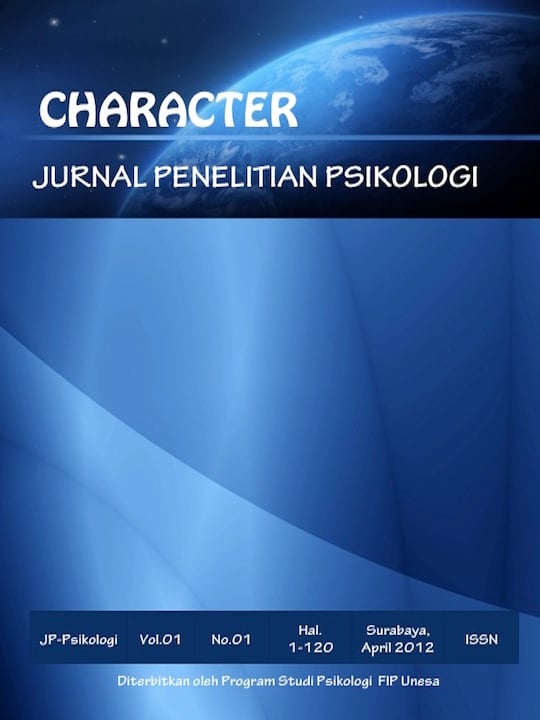HUBUNGAN ANTARA SELF-EFFICACY DENGAN ACADEMIC DISHONESTY PADA MAHASISWA
DOI:
https://doi.org/10.26740/cjpp.v8i8.41680Abstract
Abstrak
Banyaknya tuntutan dan kegiatan dalam perkuliahan dapat membuat munculnya berbagai perilaku tertentu dalam perkuliahan. Perilaku-perilaku tersebut dapat mengarah pada sisi negatif maupun positif. Perilaku curang dan tidak jujur merupakan salah satu perilaku yang muncul dan mengarah pada sisi negatif dalam pendidikan khusunya perkuliahan. Keinginan mendapatkan hasil dan nilai yang tinggi tanpa adanya usaha dan keyakinan lebih disebut menjadi salah satu faktor munculnya perilaku ini. Penelitian ini memiliki tujuan untuk melihat hubungan atau keterkaitan antara keyakinan pada kemampuan diri atau self-efficacy dengan perilaku tidak jujur dalam pendidikan atau academic dishonesty. Penelitian ini dilakukan di lingkup Jurusan X Universitas Y dengan melibatkan 433 mahasiswa Jurusan X Universitas Y angkatan 2018 hingga 2020. Teknik analasis data yang digunakan peneliti untuk mencari keterkaitan antara kedua variabel adalah teknik korelasi pearson product moment dengan perolehan nilai korelasi sebesar -0,360. Hasil penelitian menunjukkan bahwa self-efficacy memiliki keterkaitan atau hubungan yang tidak terlalu kuat dengan intensitas perilaku academic dishonesty pada kalangan mahasiswa Jurusan X Universitas Y.
Kata Kunci : Self-efficacy, academic dishonesty, mahasiswa.
Abstract
The number of demands and activities in lectures can make certain behaviors appear in lectures.These behaviors can lead to either a negative or a positive side. Cheating and dishonest behavior is one of the behaviors that appears and leads to the negative side in education, especially lectures. The desire to get results and high scores without any effort and belief is said to be one of the factors for the emergence of this behavior. This study aims to see the relationship between belief in self or self-efficacy with dishonest behavior in education or academic dishonesty. This research was conducted in the scope of Department X University Y involving 433 students of Department X University Y class 2018 to 2020. The data analysis technique used by researchers to find the relationship between the two variables was the Pearson product moment correlation technique with a correlation value of -0.360. The results showed that self-efficacy had a not very strong relationship with the intensity of academic dishonesty behavior among students of Department X, University of Y.
Keywords: Self-efficacy, academic dishonesty, college students.
Downloads
Downloads
Published
How to Cite
Issue
Section
License
Authors who publish in this journal agree to the following terms:
Copyright in any article is held by the author.
The author grants the journal, publication rights with the work simultaneously licensed under a Creative Commons Attribution License that allows others to share the work with an acknowledgment of the work's authorship and initial publication in this journal.
Authors may enter into separate, additional contractual arrangements for the non-exclusive distribution of the journal's published version of the work (e.g., posting it to an institutional repository or publishing it in a book), with an acknowledgment of its initial publication in this journal.
Authors are permitted and encouraged to post their work online (e.g., in an institutional repository or on their website) prior to and during the submission process, as this can lead to productive exchanges, as well as earlier and greater citation of published work.
 Abstract views: 1264
,
Abstract views: 1264
, PDF Downloads: 1834
PDF Downloads: 1834





